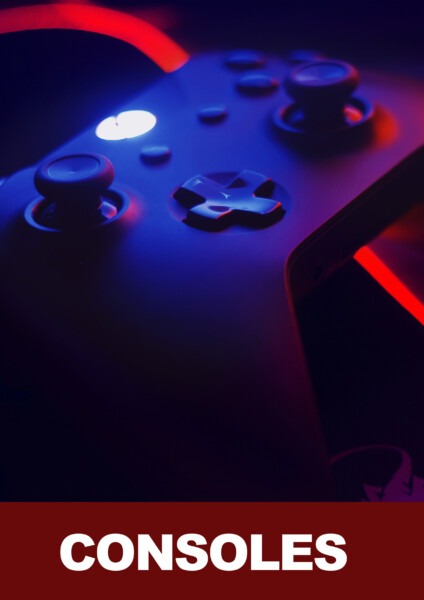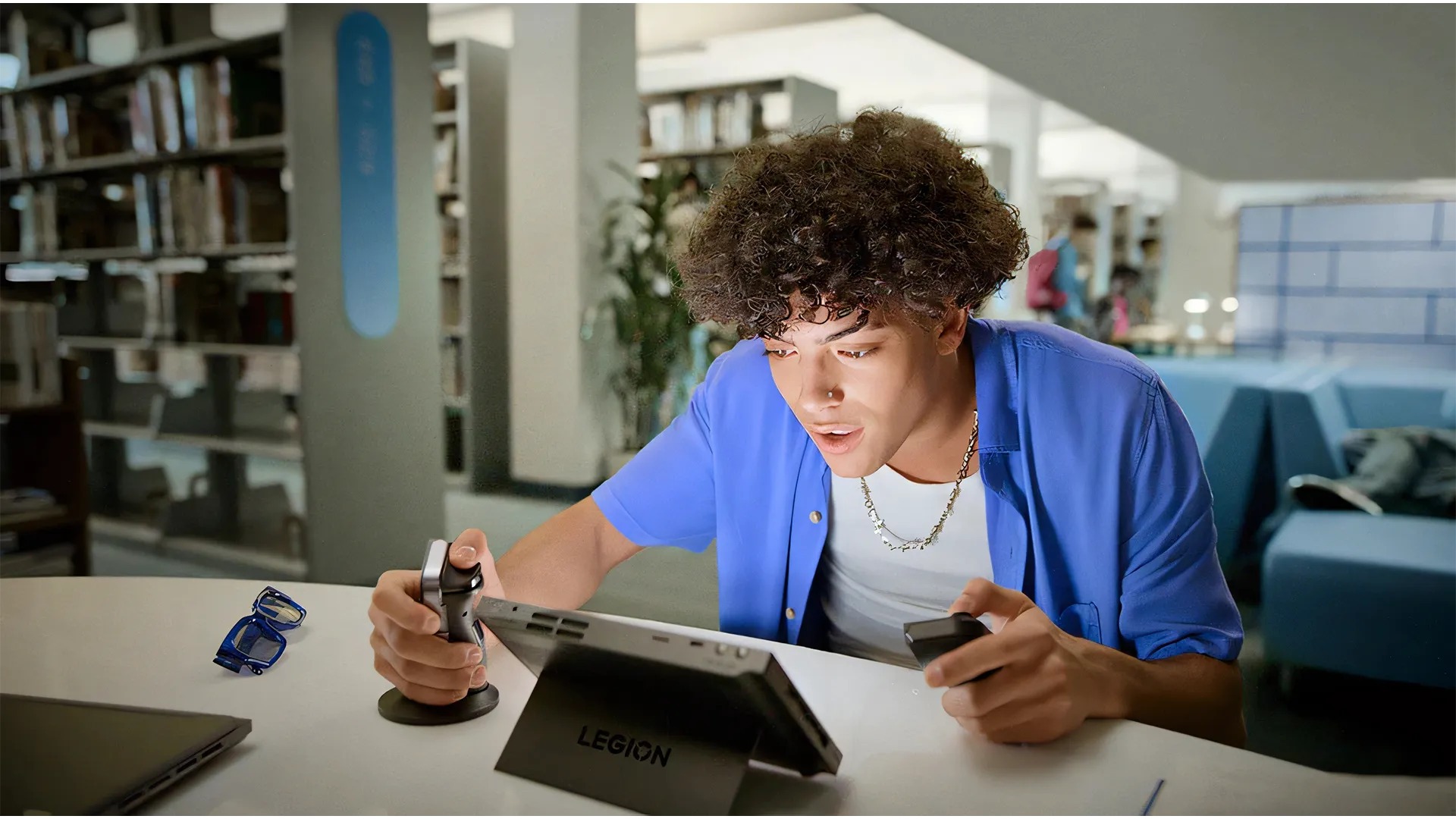Lenovo, a leading hardware manufacturer, is reportedly in the works on a successor to its popular Lenovo Legion GO, a portable gaming handheld. Following the trend set by the original Legion GO, the new device aims to offer high-end PC gaming hardware in a compact and portable package.
The Legion GO made its debut in October 2023, entering a burgeoning market for portable gaming PC handhelds. This trend gained momentum with the success of platforms like the Valve Steam Deck, which offers a range of verified games. Unlike the Steam Deck, most competitors in this space run on the Windows operating system, ensuring compatibility with a vast library of PC games.
News of the upcoming iteration of the Lenovo Legion GO emerged from Innovate 2024, a trade event held in Thailand. Clifford Chong, Lenovo’s Gaming Category Manager for APAC, confirmed the development of “the next generation” of the Legion GO in comments to VideoCardz.com.
Chong hinted that Lenovo would unveil more details when the time is right.
While specific specifications and hardware details remain undisclosed, Chong’s comments suggest that Lenovo is exploring potential enhancements for the next Legion GO. The device may even sport a new name distinct from Lenovo’s Legion laptop line, though details on this front are yet to be revealed. Lenovo’s presence at Innovate 2024 primarily focused on its line of Lenovo Chromebooks and laptops, with discussions about gaming handhelds possibly reserved for another occasion.
The competition in the portable gaming handheld market is intensifying as manufacturers strive to meet the demands of PC gamers seeking both power and portability. These handhelds offer developers a console-like uniformity in specifications, facilitating the development of performance and graphical quality targets. However, as current gaming handhelds face challenges in running the latest PC games smoothly, manufacturers are exploring new features and hardware to elevate the gaming experience for consumers. Even competitors like ASUS are rumored to be considering successors to their gaming handhelds in 2024.
While gaming handhelds were once associated with playing “low-spec” titles and running emulators, modern iterations are capable of handling triple-A releases with ease. Though they may not match the power of a full desktop PC, their compact form factor and portability have opened up new horizons for PC gaming enthusiasts.












